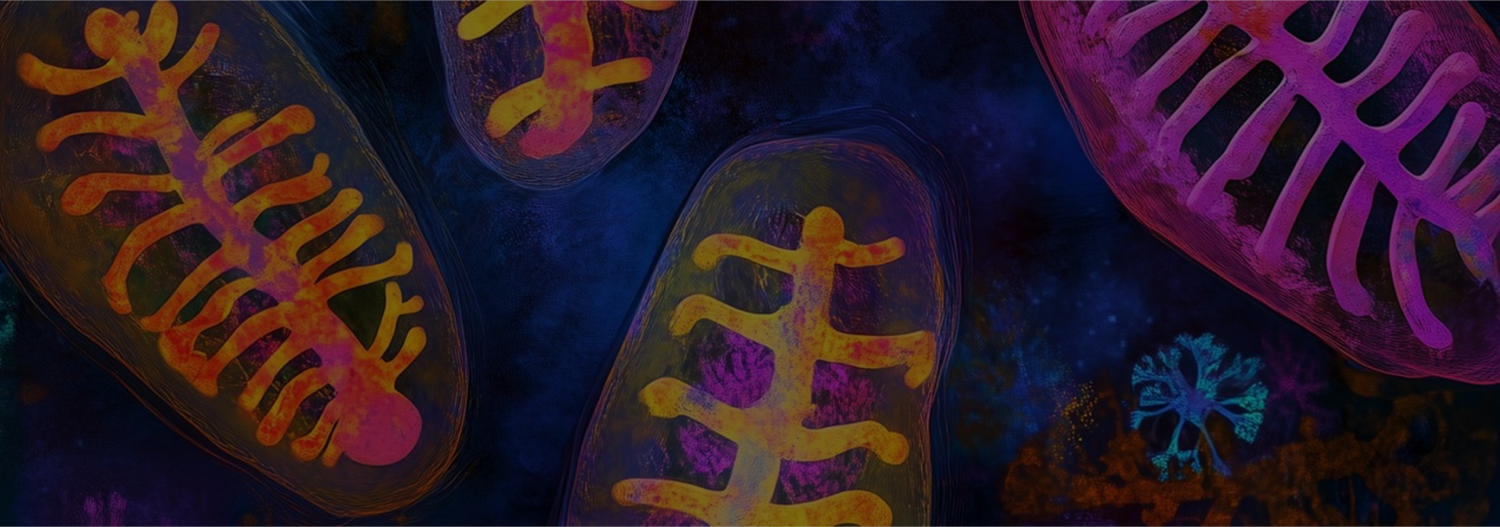Shaping the Future of Mitochondrial Medicine
Researchers have long observed that certain quinones, when combined with ascorbic acid, produced selective anticancer effects. We set out to understand why, and that journey led deep into mitochondrial biology. What we have discovered is transformative.
Under stress, mitochondria do not simply fail. They fragment into subpopulations, triggering replicative and oxidative stress, along with survival programs that drive disease progression. These are not random failures. They reflect a programmed signaling logic encoded by the mitochondrial genome.
At ICM, we have learned how to therapeutically target this process. Our work opens a new frontier in medicine, where mitochondrial behavior becomes a point of control in cancer, heart failure, infectious disease, and more.

